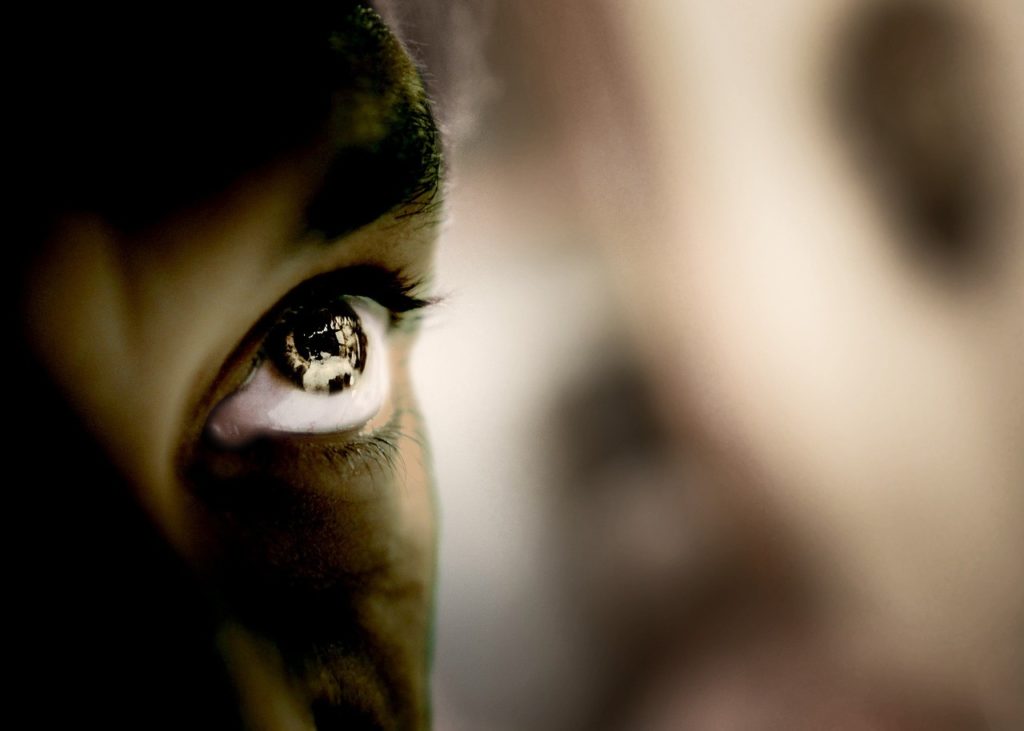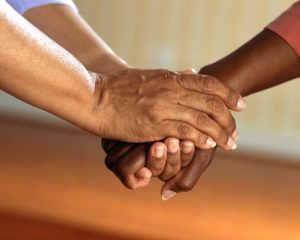
If you know an alcoholic in recovery, the last place you would expect to find him is hanging out by a bar, around a liquor store, or even with drinking buddies. It seems obvious doesn’t it? To quit, you need to start removing access to temptations. Yet this obvious point often goes amiss in sex addiction. This is in part due to sex being an integral part of the human experience, and one that has now oozed across the online world and social media.
If you are serious about sexual addiction recovery, it is wise to make some radical shifts in your day-to-day exposure. By which I mean, the things you can readily come into contact with. Let’s look at some key areas where change is usually necessary.
Computer and Phone Access
Changes to computer and phone access are an obvious necessity, yet in my experience many addicts are reluctant to accept the need for, or implement changes. This is largely due to denial and not wanting to restrict or lose their freedom. For example, computers can run slower with filtering software, or other everyday apps may have to be removed for a time. It is important to realize that changing the addiction far outweighs the loss of some computer and lifestyle options.
It helps punch through denial when we realize that in 2010, out of the one million most popular websites in the world, 4% were porn sites, and that 2.5% of all one billion internet users a month was to one site with sexually explicit content.
Furthermore, social media should be restricted due to it providing access to persons involved in sexually explicit behaviors and other avenues used to fuel sexual addiction. A common argument is that it would cut the sex addict off from social relationships that they need for support—this is seldom true and the cut off promotes engaged personal relationships that are more meaningful to recovery.
Rituals and States
When we commonly enact behaviors we build up “rituals” that help facilitate them. For example, if you commonly used pornography whilst a partner was out of the house, there maybe a ritual that sets in around finding alone time—this may become a set pattern and one that triggers sexual compulsion when you find yourself alone. These rituals need to be identified and then solutions for them written down. When we write, we are more likely to remember effective solutions that will change our course of action.
A ‘state’ describes feelings, thoughts, bodily experiences, and the whole package of our experiences and the associations we make within particular circumstances. Rituals can trigger these ‘states’ within us, making us biologically, emotionally and cognitively vulnerable to old patterns of behavior. It is important to start learning the ‘states’ we get into and reducing our exposure to places, people, stressors, etc. that make us vulnerable to them. You can give each ‘state’ a name—such as vulnerable, or solitary to help describe them to yourself.
Friendships and Relationships
This can be especially tricky. If we have people in our lives that expose us to temptations, produce the ‘states’ we have discussed, or actively argue against our primary romantic relationships it is imperative to cut these connections at least for a time. We are very easily swayed by people we like, want to please, or have known for a long time. Crucially, friendships can play a positive role in recovery and we need to make sure that this is occurring.
There may also be people in our lives that we dislike, struggle to be ourselves with, or who intimidate us. When this occurs, we may find that they provoke discomfort in us that later becomes a trigger to our addictive behaviors. Carefully consider if you need to redress some boundaries or take a step back from specific relationships—this can include overbearing parents, a co-worker and the like.
Symbolic Changes
Finally, I want to mention symbolically changing rooms or places where acting out has occurred. This reduces exposure to rituals, states and even unhelpful relationships. This can be as simple as rearranging the living room, or moving the study to an open part of the house. This safeguards us, lets our family see how intentional we are being and allows for new healthy habits.
 Use this checklist to consider what changes you need to make to help reduce your exposure:
Use this checklist to consider what changes you need to make to help reduce your exposure:
- Cancel subscriptions and delete accounts with access to sexual materials - magazines, websites etc
- Change email addresses
- Cancel Internet services completely for 3 months
- Move the computer to family/other facing environment
- Buy a new hard-drive and/or wipe a computer's memory/Internet history
- Only use the computer or your phone in public places
- Check with hotels you stay in if they can disable adult content from your room
- Talk to anyone who influences you towards unwanted material and ask them to stop
- Change the route you take to work (etc) to avoid locations that are problematic to you
- Install filters on computers and phones
- Delete apps that provide alternative routes to unwanted material
- Close your eyes (commit to averting your eyes from sexual stimulus--even if you think you can handle it)
Community Discussion - Share your thoughts here!
What will be your first step towards addiction recovery?
 About the author: Paul Loosemore, MA PLPC, author of “21 Movements Towards Life” – The step-by-step guide to recovering from sexual addiction or pornography. Paul works as a mental health counselor, and consults with those who wish to recover from Sexual Addiction—both individuals and couples. He is the founder of www.stopsexualaddiction.com where you can find his guide, or contact him.
About the author: Paul Loosemore, MA PLPC, author of “21 Movements Towards Life” – The step-by-step guide to recovering from sexual addiction or pornography. Paul works as a mental health counselor, and consults with those who wish to recover from Sexual Addiction—both individuals and couples. He is the founder of www.stopsexualaddiction.com where you can find his guide, or contact him.
References:
[1]: www.forbes.com - Ruvolo, J. How much of the internet is actually for porn. Dec, 2016.
[2]: Ibid.
[3]: Adapted from: Maltz & Maltz. (2008) The Porn Trap. p. 173174
The opinions and views of our guest contributors are shared to provide a broad perspective of addictions. These are not necessarily the views of Addiction Hope, but an effort to offer discussion of various issues by different concerned individuals.
We at Addiction Hope understand that addictions result from a combination of environmental and genetic factors. If you or a loved one are suffering from an addiction, please know that there is hope for you, and seek immediate professional help.
Reviewed By: Jacquelyn Ekern, MS, LPC on January 5, 2017.
Published on AddictionHope.com

